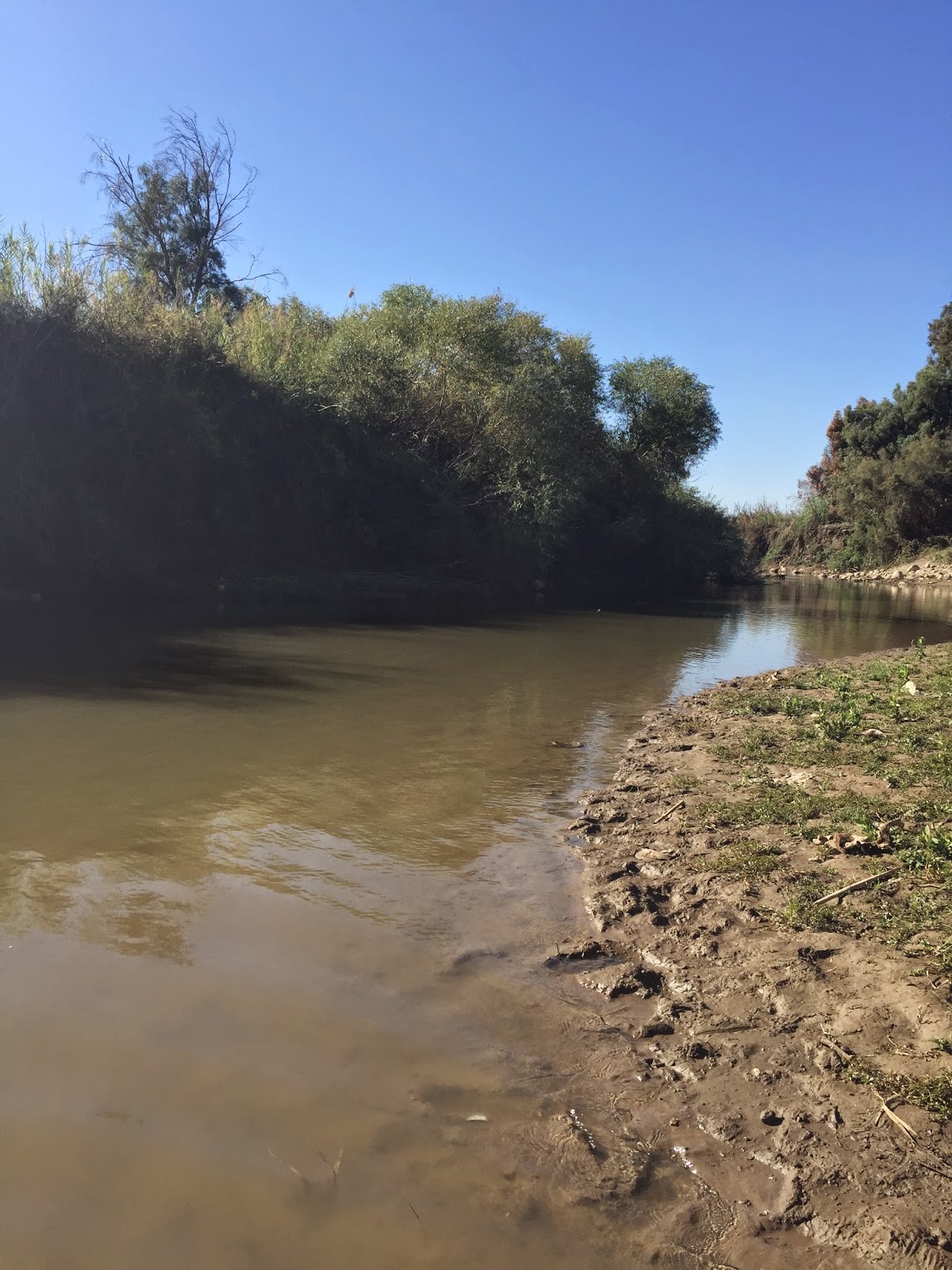 |
| Ruins of Bethesda (pool near the Sheep Gate) John 5:1-14 |
Today we are in Jerusalem for one of my favorite Bible stories. Jesus goes to Jerusalem for a Jewish feast. While in Jerusalem, he passes the pools at Bethesda, where many people go to be healed. John tells us that many sick people were there, but Jesus goes to one particular man that has been sick for thirty-eight years.
Jesus asks him if he wants to be made well. The man says there is no one to help him and someone else always gets to the water first. Without fanfare, Jesus says to him, "Stand up. Pick up your mat and walk." The man is made well immediately; he picks up his mat and begins to walk.
What Jesus is really asking the man is, "Do you want to change?" The man's response is typical of us humans, "I can't. There is no one to help me." He doesn't actually answer the question, but gives an excuse for why he can't be healed. He's saying, "I'm here for healing, but I don't actually expect it to happen. My life is not going to change, I'm just going through the motions, doing what is expected of me." Notice he does not say, "Yes! Will you help me into the pool the next time the water starts moving?"
We are at the end of another year; many of us making new year's resolutions. Many of us are looking back on the year and reflecting on how we have succeeded or failed with last year's resolutions. Many of us are finding that we haven't really changed or that we didn't reach the goal we set for ourselves. We are like the man, "I want to change, but I've got a great excuse." Somehow we think it will happen without our participation. We think we can just make it look good and go through the motions, but not actually do anything. Or we think we must do it on our own and don't ask for the help or support that we need to succeed.
But, Jesus is asking each of us, "Do you want to change?" He is standing right next to us saying, "Stand up! Pick up your mat and walk." It is up to each of us to choose how we respond to Jesus' invitation. It is up to us if we will accept His healing. To accept that healing, we must be willing to walk away from what cripples us; fear, sin, pride, whatever it may be. What is your answer? Do you want to change in the new year? Will you let Jesus help you?















